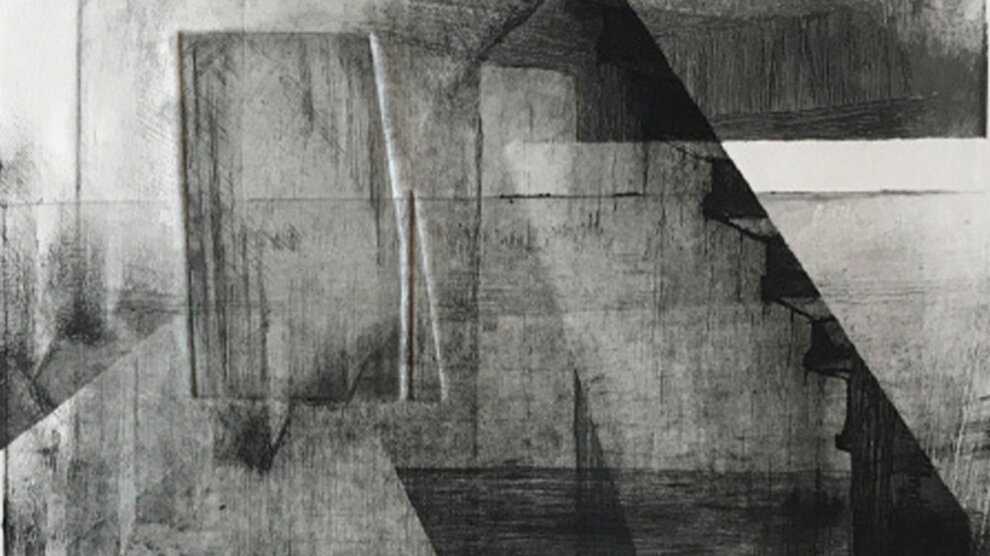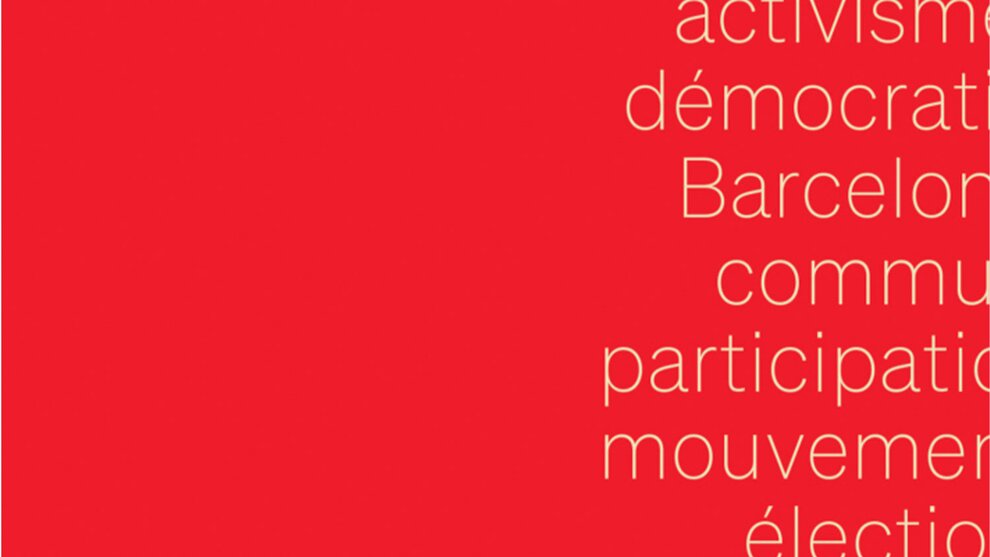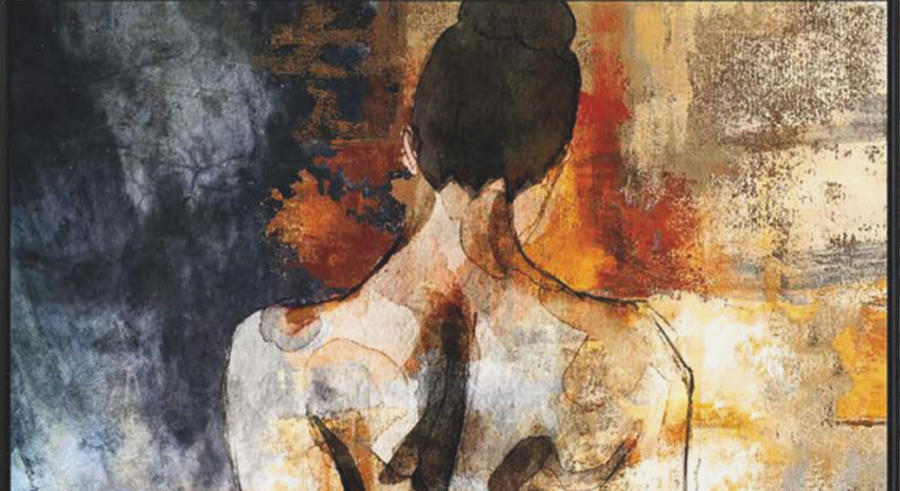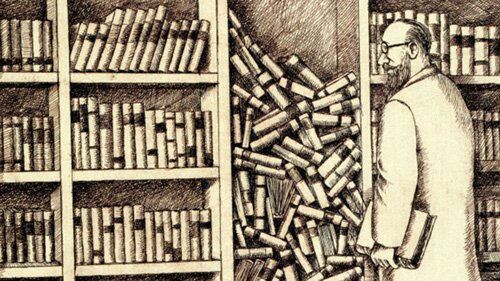‘Modi’fied India
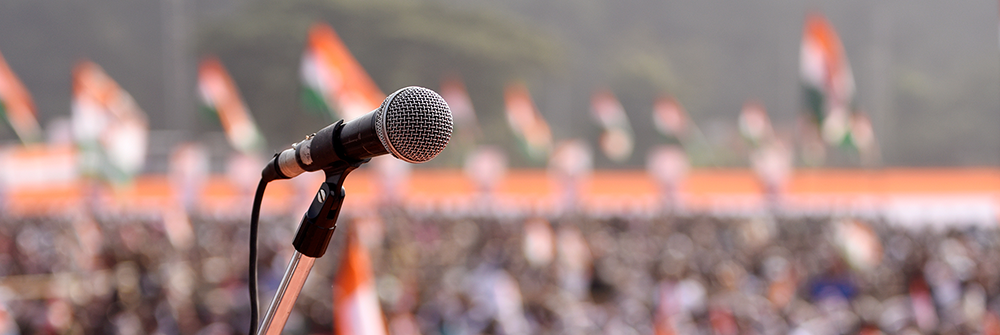
This text presents the Master’s thesis of Prarthana Puthran, for the Political Science Master’s of Sciences Po. The fieldwork was supported by the CÉRIUM-FMSH Chair.
Affective polarisation is the new buzzword in the academic circles of political science. However, empirical research on the topic is heavily focused on Western democracies. The study seeks to highlight affective polarisation in India, how it is different from other democracies, and its relationship with support to democratic norms.
India is the largest democracy in the world. It has managed to overcome many obstacles that came in the way of democracy. In 2014, Narendra Modi came to power with his party single handedly winning a majority in the parliament. This change in the political landscape was followed by social changes. People started identifying as his supporters and opposers, hence creating hostility among them. The political science dictionary defines this tendency as affective polarisation. Instead of focusing on the party or party supporters, the research focuses on how affective polarisation in India exists concerning a leader i.e. Modi.
The research focuses on understanding how affective polarised Indian youth are with respect to Modi, determinants of affective polarisation in India, the relationship between affective polarisation and support for democratic norms and whether affectively polarised Modi supporters tend to be less supportive of democratic norms as compared to affectively polarised Modi opposers.
The study employed mixed methods- surveys (284 respondents) and in-person interviews (40 interviewees). This approach helps to gain a comprehensive understanding of the topic. The sample of the study is individuals who belong to the age group of 18- 29 years and reside in Mumbai, Bengaluru, Kolkata, and New Delhi. The rationale behind the sample was to focus the study on young individuals residing in metropolitan cities of North, South, East and West of India.
Along with socio-demographic variables, the survey measures affective polarisation and support for democratic norms. Affective polarisation towards political outgroups was measured with feeling thermometers and with questions about perceived trait ratings. The ingroup and the outgroup were defined on the basis of support for Modi i.e. Modi supporters and Modi opposers respectively. The respondents were asked to rate two kinds of people who have contrary opinions on issues like unemployment, demonetisation, Hindu Rashtra, or Rafale deal. It was complemented by semi-structured interviews to gain a better understanding of the nature and sources of affective polarisation in India. The interviewees were approached with the broad topic of- ‘Understanding political attitudes of Indian youth’ in order to avoid social desirability bias and understand their views. For calculating the support for democratic norms, the respondents were asked to read eight statements related to political tolerance and constitutional protection. They were later asked to specify their opinion about the statements on a five-point scale ranging from strongly disagree to strongly agree.
The interviews highlighted how Modi is the central figure of Indian society and politics. People are passionate about him, hence Modi supporters and opposers are emotionally invested when it comes to forming opinions about the other group. They view each other negatively through the lens of stereotypes. For instance, Modi supporters view Modi opposers as anti-national, pseudo-leftists while Modi opposers view Modi supporters as irrational people. Level of education, field of education, gender, and political knowledge were insignificant predictors of affective polarisation.
However, support for Modi was a significant predictor of affective polarisation. While comparing the levels of affective polarisation, Modi opposers are found to be more affectively polarised than Modi supporters. Figure 1 illustrates how Modi opposers like their ingroup more than Modi supporters.
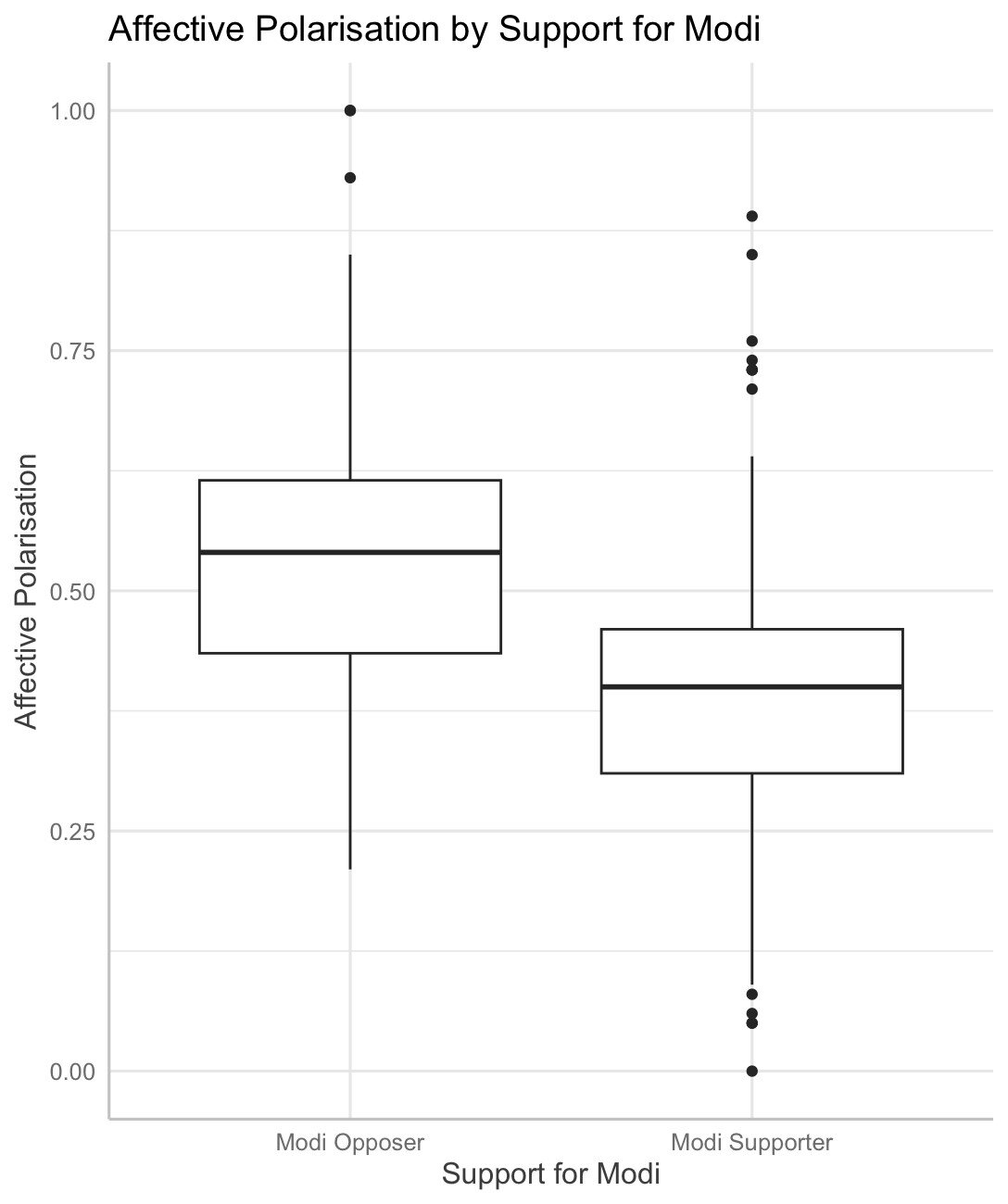
Figure 1
With the rise of populist movements throughout the world, there is a trend of democratic backsliding along with a loss in support of democratic norms. According to the PEW Global Attitudes Survey, 79% of the surveyed Indians expressed satisfaction with the democratic functioning of the country. However, the views are partisan in nature as BJP supporters are significantly more content with the democratic working as compared to Congress supporters. Previous studies have highlighted how affectively polarised citizens are less likely to support democratic norms. They tend to prioritise partisan preferences over democratic choices. However, the support for democratic norms in relation to support for Modi has not been studied empirically.
In this case, though the relationship between affective polarisation and support for democratic norms is negative, it is not significant as expected. However, when the same relationship is considered with support for Modi, the interaction helps to understand the relationship better.
Figure 2 demonstrates this relation with separate regression lines for Modi supporters (Blue) and Modi opposers (Red). Affectively polarised Modi supporters are less likely to support democratic norms whereas affectively polarised Modi opposers are more likely to support democratic norms. For Modi supporters, support for democratic norms decreases with an increase in affective polarisation while it is contrary in the case of Modi opposers.
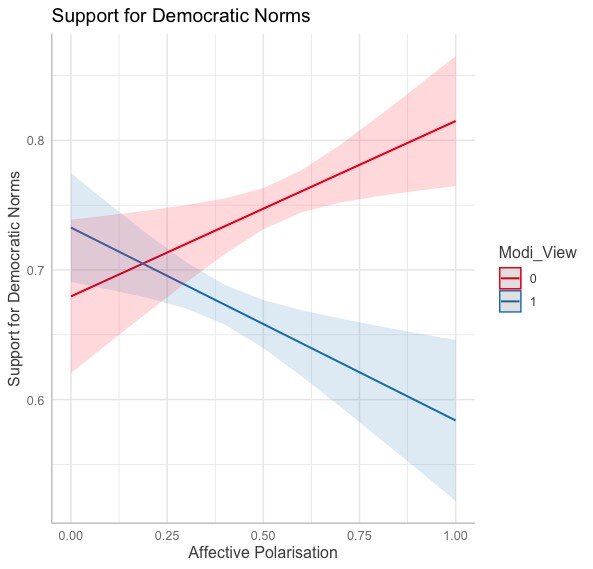
Figure 2
This trend was reflected in the interviews as well. One of the Modi supporters, who is a final year economics student from Mumbai said that as long as the goals were achieved, (democratic) methods did not matter.
The research has scientific relevance and is socially significant to understand Indian democracy and bridging the knowledge gap. It is one of the first studies to focus on affective polarisation in India. It highlights how affective polarisation exists in terms of the leader in India. It demonstrates the importance of taking interaction effects into account. The study offers a new methodological approach of mixed methods for understanding affective polarisation and sets the basis for future studies.



